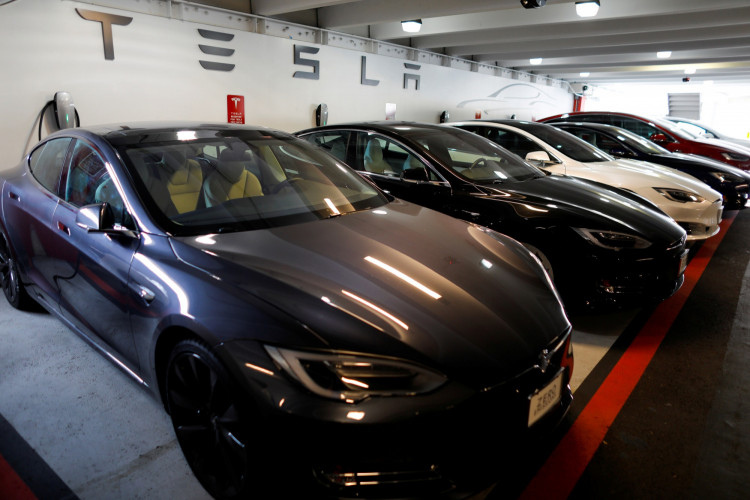Boosting demand for its electric vehicles (EVs) remains the most critical challenge facing Tesla Inc. but the massive demand it needs can now only come from China.
American multinational investment bank Morgan Stanley said Tesla's very ambitious sales targets will require success in both manufacturings and delivering cars in China. But herein lies the challenge.
"Increased dependency on China and robotaxi undermines the resilience of the Tesla investment story," said Morgan Stanley analyst Adam Jonas in a note to investors yesterday. Demand is "still the #1 challenge facing the company," Jones pointed out.
He said Tesla needs to begin manufacturing and selling its lower-priced cars such as the cheaper iteration of the Model 3 in China. Tesla is currently building its Gigafactory 3 in Shanghai. It confidently expects its first EVs to roll off the assembly line by year-end.
To fund Tesla operations, Musk last week announced plans to raise $2 billion ($650 million in equity and $1.35 billion in convertible bonds) for general corporate purposes. Musk said Tesla would rather fund its business needs through cash flow, but believes it wiser to have a buffer in the event of a recession or weak global auto demand.
Tesla CFO Zach Kirkhorn told investors nothing has changed in Tesla's outlook for Q2. He said Tesla still expects to deliver 90,000 to 100,000 EVs in Q2, and 360,000 to 400,000 EVs for the full year.
Morgan Stanley, however, said the fresh capital Musk wants to raise is only "a 12-month bridge." Jonas noted demand is still the number one challenge facing Tesla, especially in China.
He said that Tesla reported a larger loss than expected in the first quarter as total vehicle sales fell 41 percent from the previous quarter. Jonas said his estimates "are prepared for Model S and X demand to remain extremely weak throughout the year."
He pointed out both models are rather old and face cannibalization from the ever-growing second-hand population of Teslas.
"We believe the 2019 air pocket on Model 3 demand may largely continue until an affordable locally-produced Model 3 is available in that market," said Jonas. "At this stage, we do not anticipate significant Model 3 deliveries in China until 1Q 2020 at the earliest."
Morgan Stanley also harbors concerns on the long-term viability of Tesla in the Chinese EV market. Jonas said Tesla can be credited for tapping into the world's largest EV market but the firm won't pay a particularly high multiple for earnings derived from China. He also expects local Chinese EV makers to mount a strong challenge to Tesla in the future.





